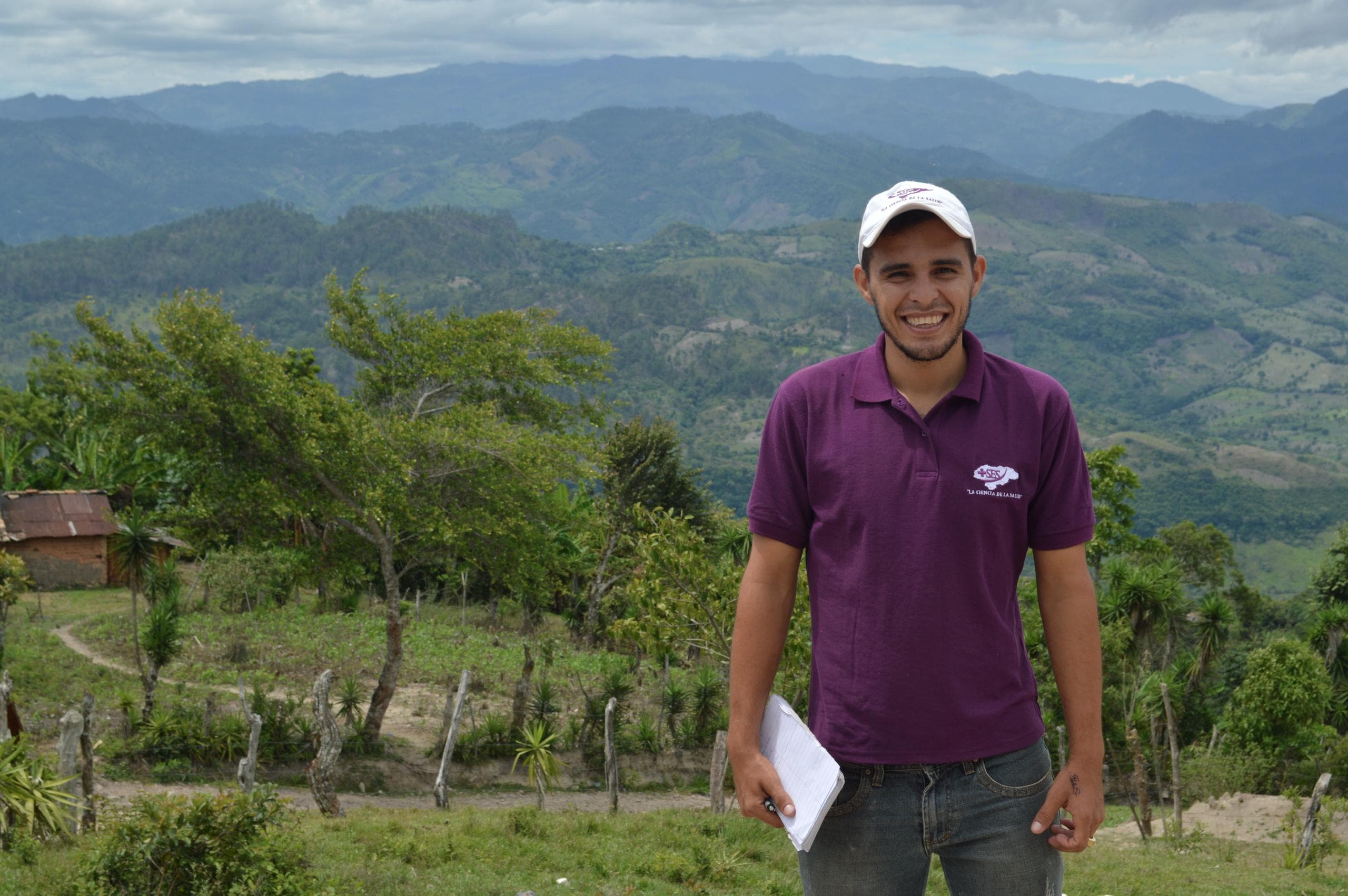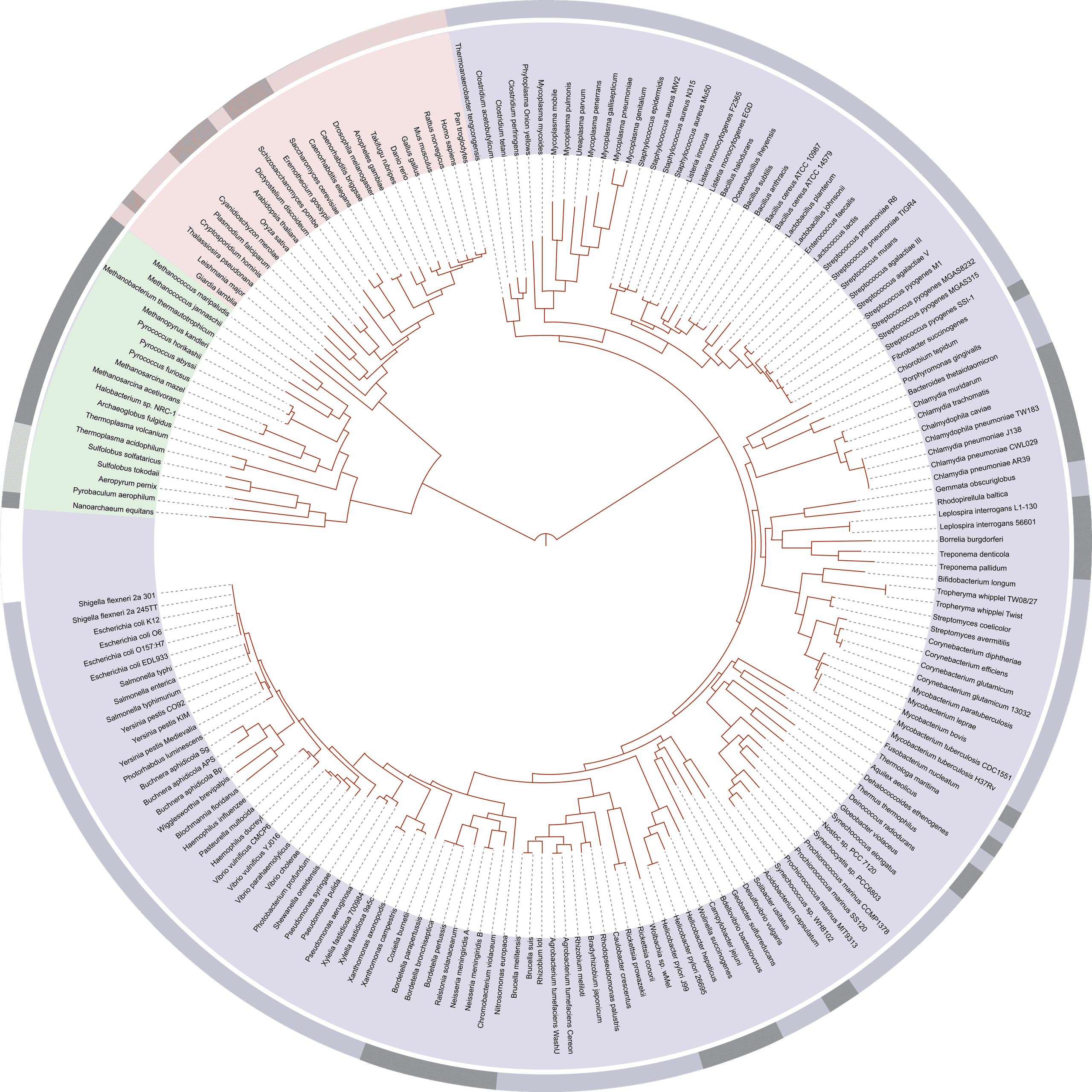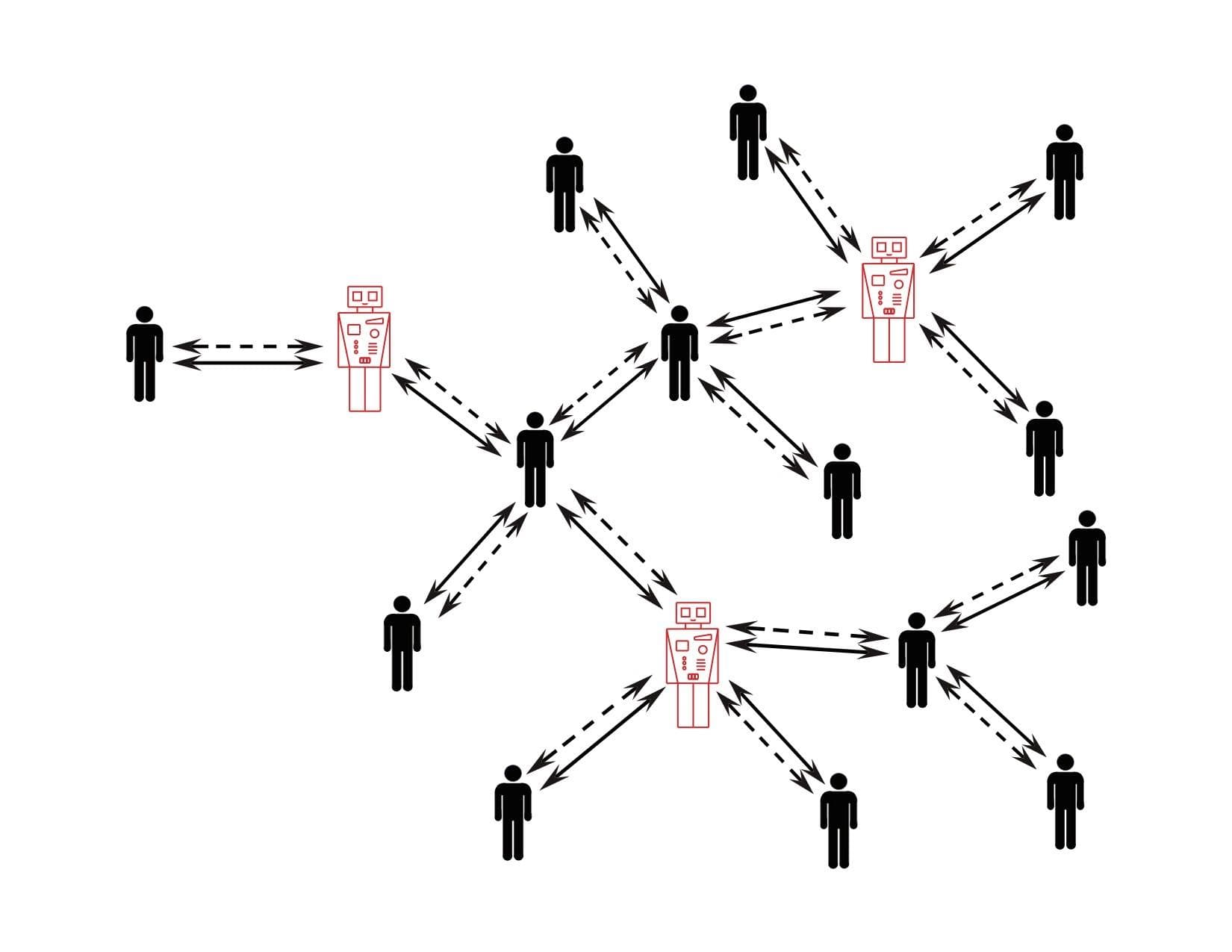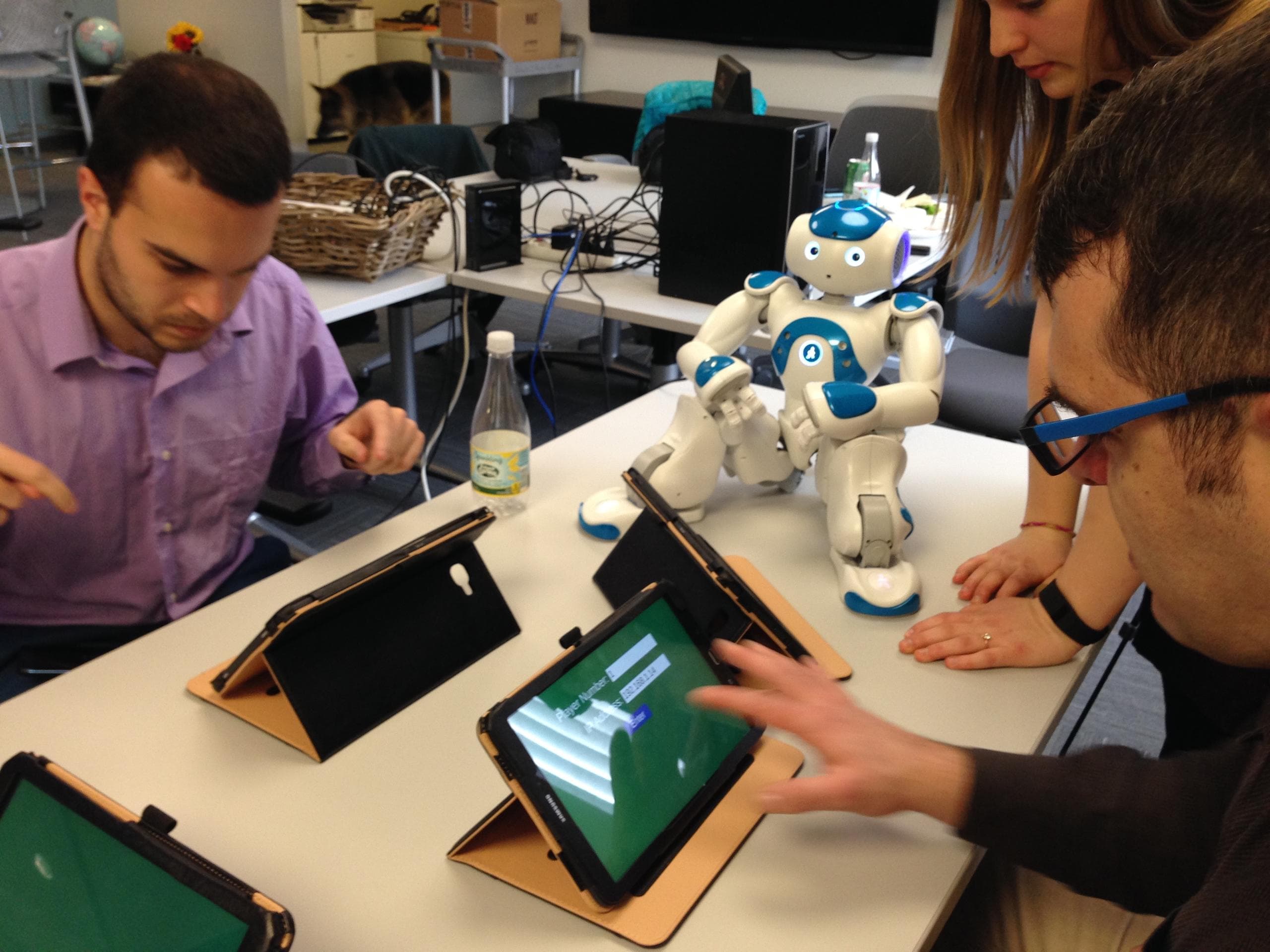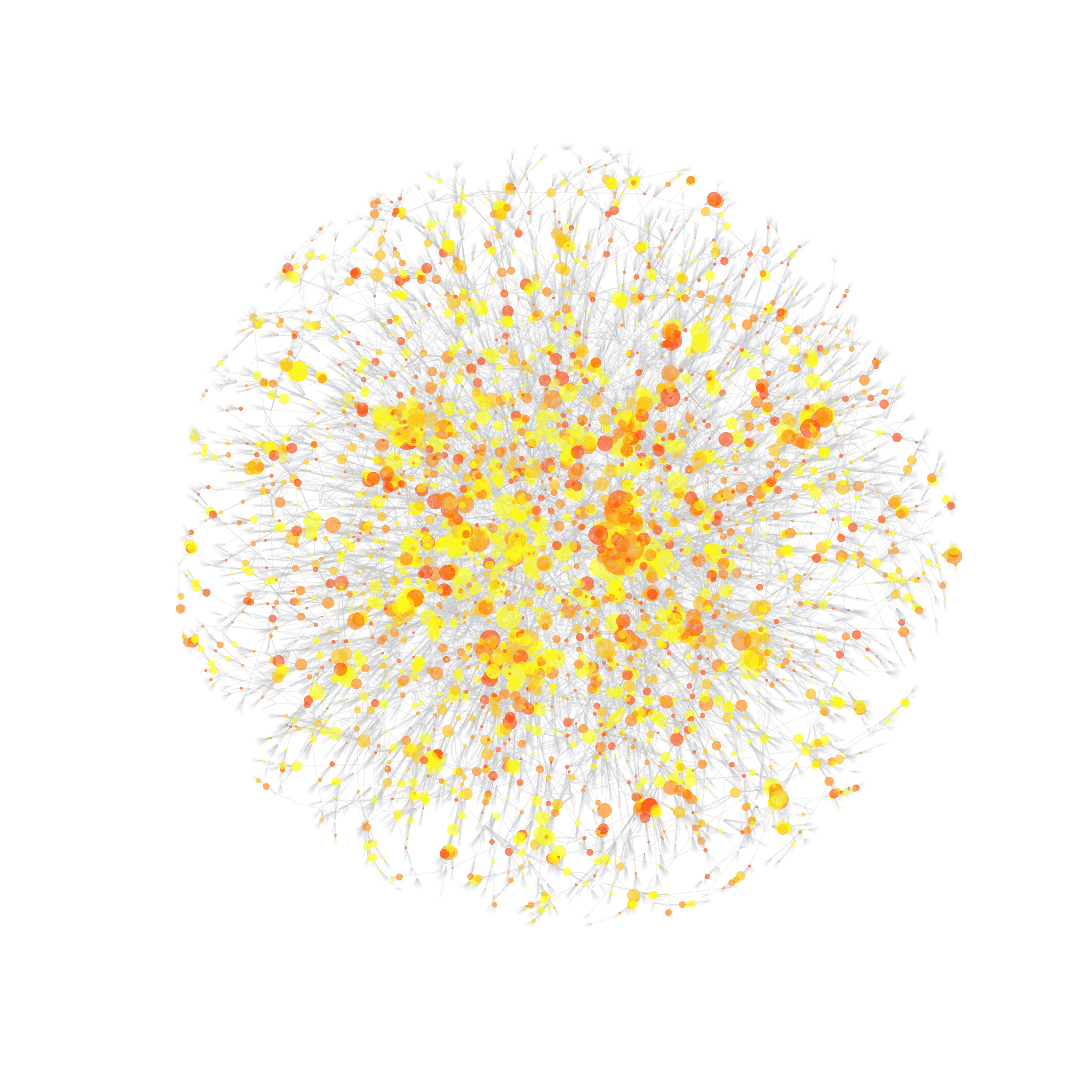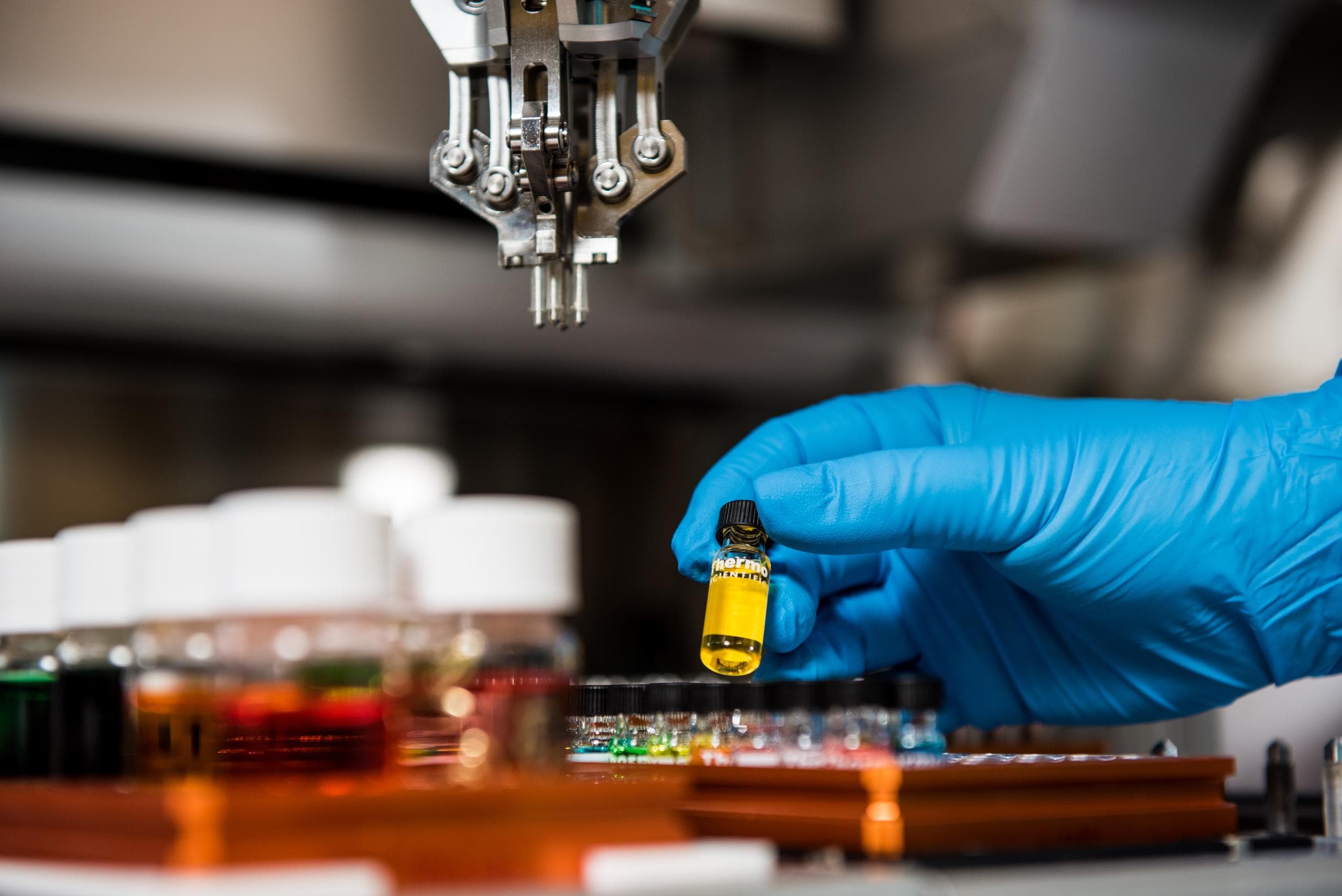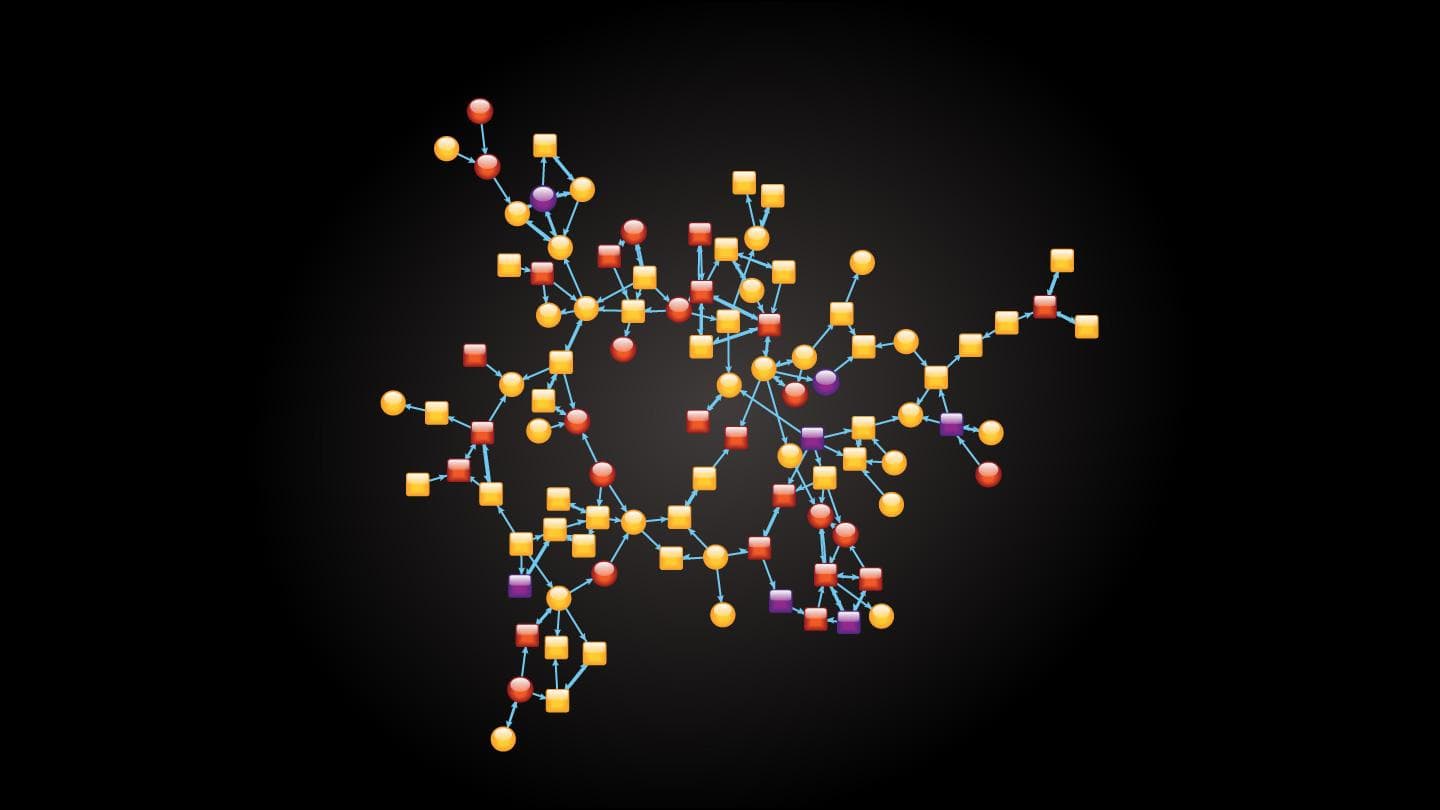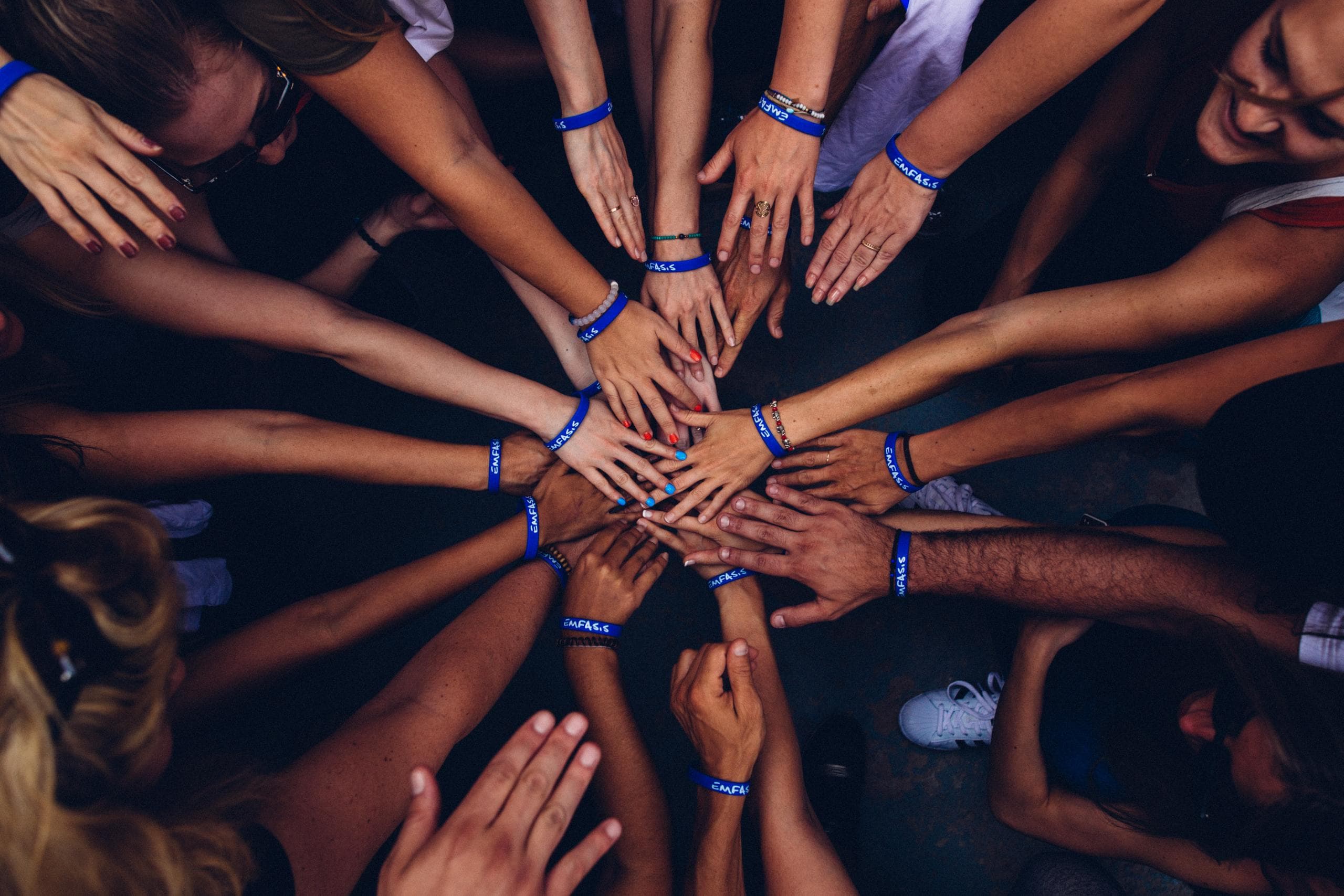Supporting Frontier Science at the Human Nature Lab
Our lab works at the intersection of the biological, computational, and social sciences in diverse, cutting-edge areas — from public health to the microbiome to genomics to artificial intelligence to organizational behavior to network science. Our work is unified by a focus on the deep origins and substantial consequences of human social interactions. Some of our latest and most innovative ideas are in need of financial support in order to move from the planning stages to reality. Nine projects are briefly described below.
Our team would welcome the chance to tell you more about our work in person and to explore how our work can advance your own philanthropic objectives. Please email Nicholas Christakis here, if you would like to meet to discuss any of these projects or your interests more generally.
PROJECTS IN NEED OF SUPPORT
Changing Population Behavior by Targeting Structurally Influential Individuals
How can we propel epidemics of positive cultural changes, such as the adoption of better health practices, from scratch? By using an understanding of the mathematics of social networks, it is possible to identify a small subset of people, in any population, whose structural position within the network makes them very influential. We can tap into this hidden group of influencers to drive the population towards desirable outcomes and improve human welfare.
Read more about this researchHow the Microbes in Our Gut Affect Our Physical and Mental Health
Can we map networks of microbe species in our guts in order to identify a set of species crucial to our physical and mental health? Our bodies form the environment in which a large number of microbes live, and those microbes often work together to affect us, for better or worse.
Read more about this researchUsing Bots to Enhance Human Cooperation
How can online bots, endowed with particular kinds of AI, enhance human cooperation? By rewiring social connections using autonomous agents, we can make groups of people more effective at cooperation and better able to solve diverse collective actions problems.
Read more about this researchUnderstanding the Roots of a Healthy Society
Why do some communities thrive and others succumb to dysfunction? There are deep roots to a healthy society, and, by implementing novel experimental approaches, we are able to understand how social connections in groups affect the ability of individuals to work together.
Read more about this researchUsing Robots to Prevent Human Calamities
How can physical robots affect group behavior? By programming humanoid robots to speak and act in particular ways, we can modify how the humans observing the robots treat other humans, enhancing our ability to address collective action problems.
Read more about this researchThe Role of Microbes in the Spread of Emotional States
Does the spread of microbes between people underlie emotional contagion? It’s been known for a long time that emotions spread from person to person; but maybe this is partly due to an actual, biological, contagion of the microbes within us. Perhaps people can literally “catch” emotional states.
Read more about this researchHow We Might Identify Nice People Using Our Sense of Smell
Can humans detect chemical signals that clue us in to who can be trusted? We all have had the experience of instantly judging people to be trustworthy or untrustworthy, and there is some evidence we do this by looking at people’s faces. But humans might also respond to other cues, such as the constituents of sweat, using our sense of smell.
Read more about this researchHow Genes Affect Our Choice of Friends
How and why are the friends we freely choose genetically similar to us? It seems likely that natural selection has shaped how we go about making and choosing friends, but this process, so fundamental to the workings of our societies, is still incompletely understood.
Read more about this researchUsing Games to Measure Workplace Group Effectiveness
Can a one-hour test of group performance in the workplace be as accurate as manager’s ratings based on yearlong evaluations? Groups of workers jointly have distinctive properties related to their effectiveness, and it is possible to measure such collective properties using novel tests.
Read more about this research